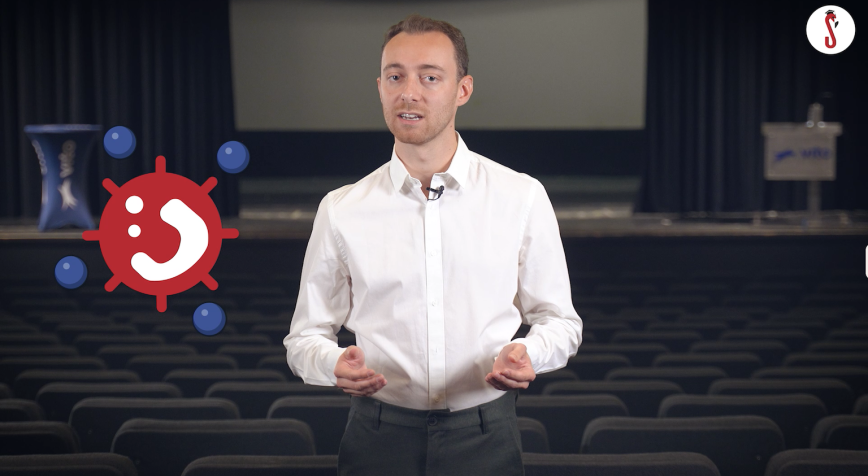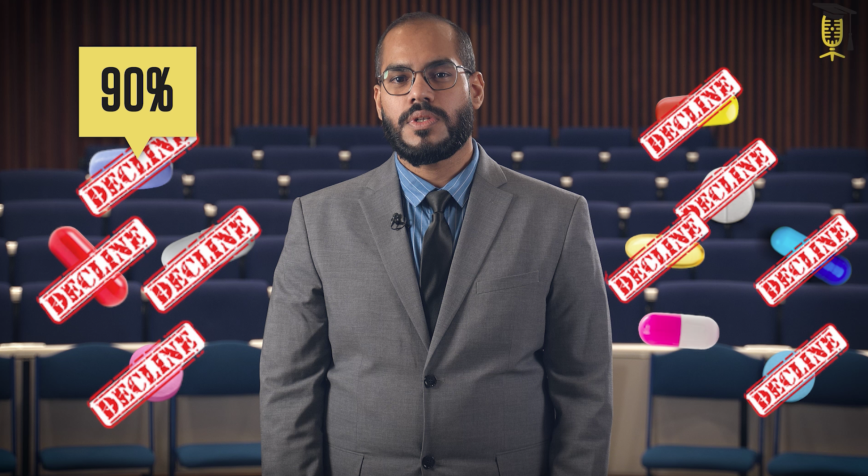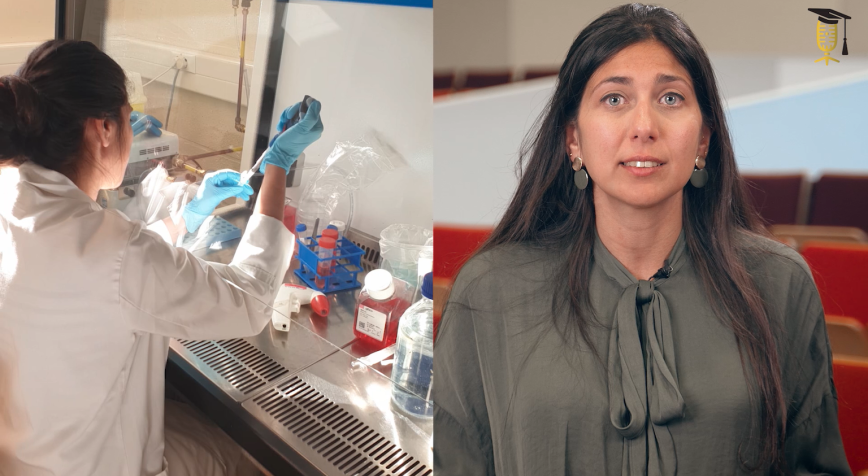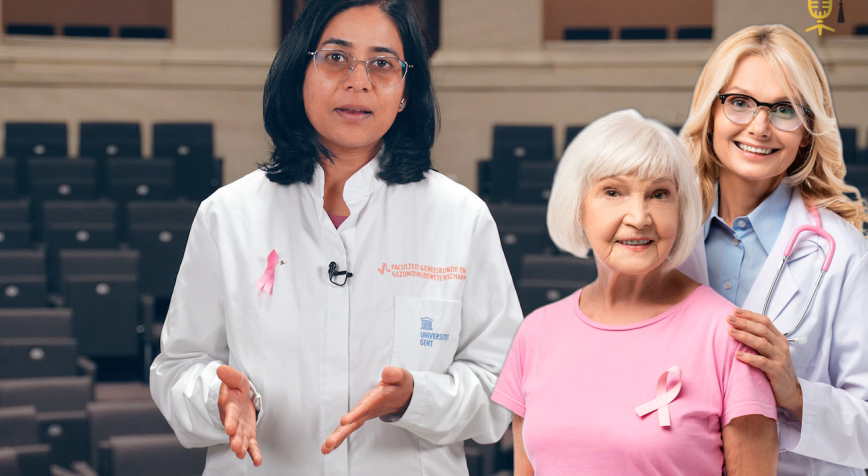How processed food affects your brain
What does a fast-food diet have to do with your brain health? 🍔 🧠
Parkash Singh Rawati (VUB) is studying the link between processed food, gut bacteria, and brain inflammation. His work focuses on a gas called hydrogen sulfide (H₂S), produced by gut bacteria when we eat too many refined or processed foods. This gas may be a hidden driver of brain inflammation linked to conditions like multiple sclerosis. By comparing the gut microbiota of MS patients with healthy individuals, Parkash hopes to open the door to new treatments, from targeted probiotics to diet-based strategies for protecting brain health.












